BHT grants stunning amount of money to LGBTQ organizations
AIDS Action Baltimore and MCC Church-DC also received more than $100,000 from the organization in its final grant reception.

In its final act as it permanently sunsets, the BHT Foundation has gifted more than $522,000 to 19 community organizations in an emotional, often tearful final grant reception held virtually over Zoom on Wednesday, Feb. 9, at 8 p.m.
More than half of the disbursement has been earmarked for two organizations: The DC Center for the LGBTQ Community and AIDS Action Baltimore. Both were awarded grants of $150,000.
“As a board, we went through the list of organizations that have received grants from us in the past, and we looked at organizations that we thought could better ‘pay it forward’ for the next five, six, seven, eight years,” Rik Newton-Treadway, the BHT Foundation’s president, told Metro Weekly. “There just seemed to be consensus among all of us that they would benefit the most [from grants] for all they do.
“Both organizations are still very grassroots, and are in touch with the needs of the community. We believe these programs can continue doing the work they do to make our communities a better place to be, a healthier place to be, a safer place to be.”
First formed in 1978 by four local motorcycle clubs under the name “Brother, Help Thyself,” the BHT Foundation was able to assist LGBTQ-centric nonprofits with crucial funding over the years, particularly during the height of the HIV/AIDS epidemic in the 1980s, when need was great and financial resources — particularly from the government — were scarce. Throughout its 45-year history, BHT has awarded more than $3.9 million to more than 215 different nonprofits in D.C., Maryland, and Virginia that have dedicated themselves and their mission to serving the LGBTQ and HIV/AIDS communities.
During the organization’s virtual grant reception, held via Zoom, BHT awarded $108,570.77 to the Metropolitan Community Church of Washington, D.C., courtesy of BHT’s Robert Medford Fund, which had stipulated its remaining funds be provided to the D.C.-based ministry in the event of dissolution.
Similarly, $17,000 from the Billy McCoy Thompson, Jr. Memorial Fund, which was established by the Thompson family to specifically benefit youth-centric organizations, was given to Dr. Traci’s House, a Tampa-based nonprofit dedicated to improving the health, wellness, and sustainability of communities through early childhood and art education, meal preparation and nutritional counseling, holistic health care services, and training for health care professionals.
BHT gave $7,500 to the Carter/Johnson Library Collection, a nonprofit dedicated to preserving the history of the leather, fetish, BDSM, and kink communities, to go towards archiving and preserving materials that speak to BHT’s history and its overall impact on the community. The library’s scholar’s room will be named in honor of the BHT Foundation.
Several organizations received grants of $7,500 each, courtesy of BHT’s Richard Van Der Kerr Fund, intended to assist organizations dealing with HIV/AIDS. Those organizations include Mary’s House for Older Adults; Trans Maryland, with money specifically earmarked for its T4T Support Groups and Maryland Trans Resilience Conference; Health Options & Positive Energy (HOPE) Foundation DC; Star Track DMV Adolescent Health Program; Hearts & Ears; The Frederick Center; Baltimore Safe Haven; Hagerstown Hopes; and the Mid-Atlantic Deaf & Interpreter Fund (MADIF).
From the BHT General Fund, $5,000 grants were awarded to LULAC Lambda’s D.C. chapter to support its scholarship fund, as well as New Ways Ministries and Rainbow Families. Grants of $2,500 were given to the Institute for Ashé Movement and Gays and Lesbians Living in a Transgender Society (GLITS), two out-of-town organizations being rewarded for consulting and community services provided to the transgender, sex worker, and HIV/AIDS communities in the D.C.-Baltimore region.
“I realize there will be a vacuum created in some sense with BHT not being there,” says Newton-Treadway. “There will always be aspects of our communities that will be in need, whether that is financial support, emotional support, or physical support. I think our community is a whole lot better off in a lot of ways from where we’ve started to where we are now, but there’s lots we still need to work on. Our community siblings who are marginalized still need us to be there to lift them up and be supportive. And I think we need to keep our compassion, more than anything.”
Newton-Treadway says it’s bittersweet to see BHT shutting down, especially given his initial involvement with the organization, when, as a teenager, he helped to raise money by holding various shows or fundraisers at local bars.
“In 1978, when those four Levi/leather motorcycle clubs got together to start what turned out to be Brother, Help Thyself, it was out of need. They bought medicine. They bought food. They paid rent. They paid for funeral services. There’s all kinds of stuff that they did,” he says.
“One of the first grants out of D.C. was to the Gay Men’s Health Clinic, which is now Whitman-Walker Health. The first grant in Baltimore went to the Gay Men’s Health Clinic, which is now Chase Brexton Health Care. So just speaking about those two grants, was there a difference made? Absolutely. Look where they are now. And their positive impact goes beyond the LGBTQIA community.
“I believe BHT has truly made a difference,” he adds. “Just from watching and seeing, listening, and being in the community, I know this organization has made a huge difference in lots of lives.”
Support Metro Weekly’s Journalism
These are challenging times for news organizations. And yet it’s crucial we stay active and provide vital resources and information to both our local readers and the world. So won’t you please take a moment and consider supporting Metro Weekly with a membership? For as little as $5 a month, you can help ensure Metro Weekly magazine and MetroWeekly.com remain free, viable resources as we provide the best, most diverse, culturally-resonant LGBTQ coverage in both the D.C. region and around the world. Memberships come with exclusive perks and discounts, your own personal digital delivery of each week’s magazine (and an archive), access to our Member's Lounge when it launches this fall, and exclusive members-only items like Metro Weekly Membership Mugs and Tote Bags! Check out all our membership levels here and please join us today!





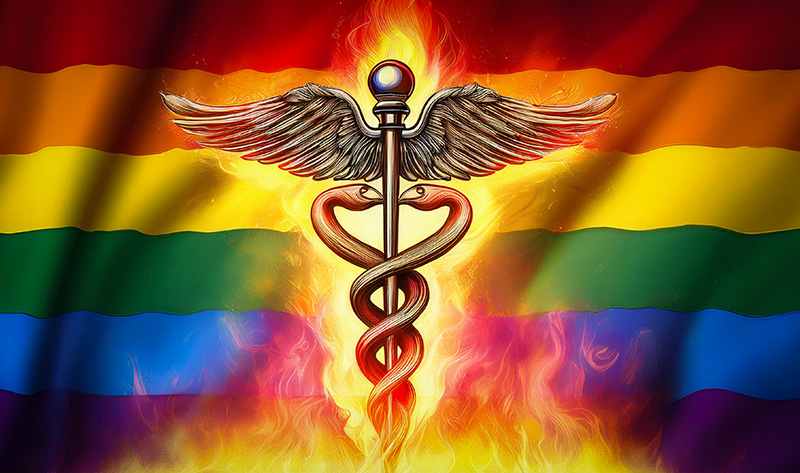

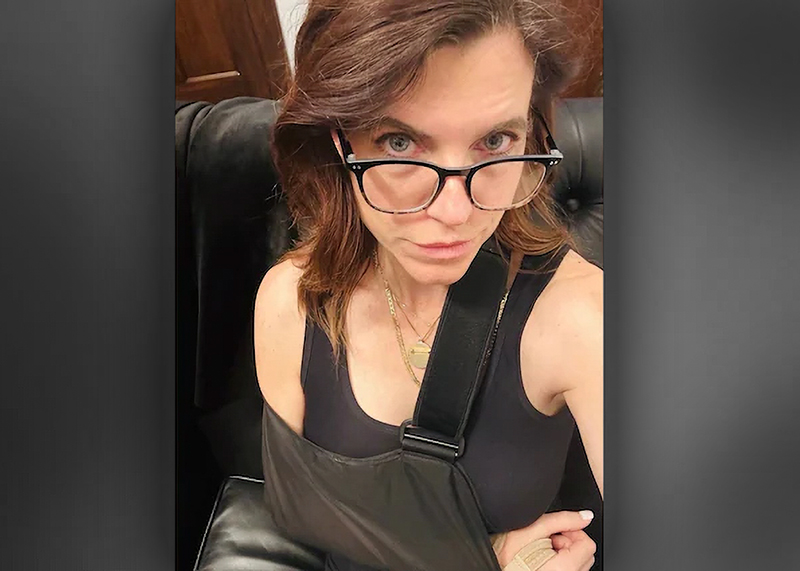













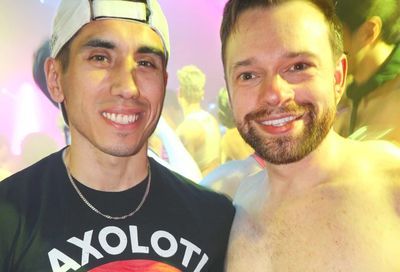
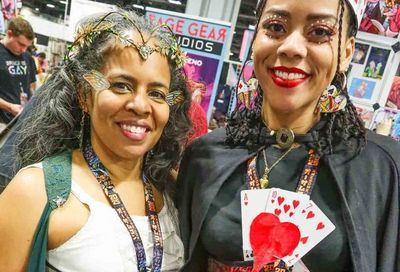
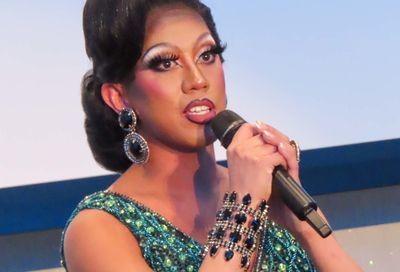
You must be logged in to post a comment.